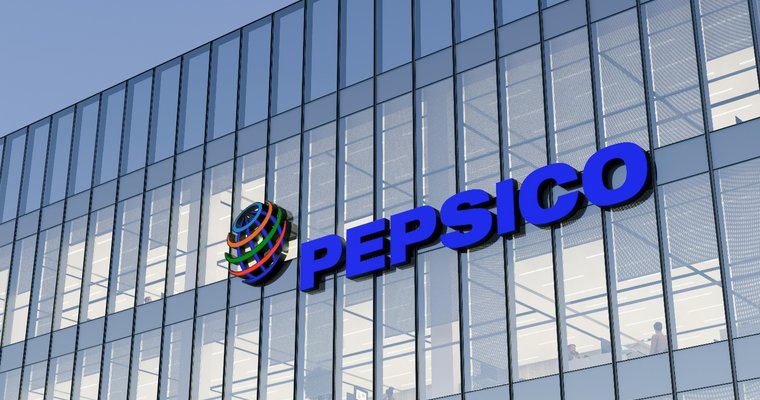PepsiCo 2022 ESG Summary: Progress Toward pep+ Goals

|
Listen to this story:
|
PepsiCo, Inc. published its 2022 ESG Summary, sharing the first full year of reporting since the launch of PepsiCo Positive (pep+) in 2021.
pep+ is an end-to-end transformation program touching virtually every aspect of PepsiCo’s business – from how ingredients are grown; to how its iconic portfolio of products are made, moved and sold; to what choices are offered to consumers. pep+ is the framework through which all actions on setting and working toward ESG targets are driven.
In 2022, the company reported significant progress on its nutrition, agriculture, social (people and communities), water-use efficiency and safe water access goals. PepsiCo continues working toward driving down climate emissions and the use of virgin plastic.
PepsiCo reported the following results:
- For the second year, 75% of its convenient foods portfolio volume did not exceed 1.1 grams of saturated fat per 100 calories
- PepsiCo initially achieved this goal in 2021, four years ahead of schedule.
- Further reduced added sugars and sodium in its portfolio of products in 2022
- PepsiCo has 56% of its beverage portfolio volume containing less than 100 calories from added sugars per 12-ounce serving, up from 53% in 2021.
- PepsiCo now has 68% of its convenient foods portfolio volume at or below 1.3 milligrams of sodium per calorie, up from 66% in 2021.
- More than doubled its regenerative farming footprint in 2022 to greater than 900,000 acres globally
- PepsiCo has helped farmers become more resilient and has reduced carbon emissions from agriculture by more than 330,000 metric tons – the equivalent of taking more than 73,000 cars off the road for a year.
- Surpassed the company’s goal to achieve 10% Hispanic representation in U.S. managerial positions
- PepsiCo has met this goal three years early.
- Improved water-use efficiency by 22% in operations since 2015 in high water-risk areas
- PepsiCo is now approaching its 2025 goal of 25%.
- Provided safe water access to another 12 million people in 2022
- PepsiCo has now provided safe water access to more than 80 million people since 2006.
See related article: PepsiCo Releases 2022 Global DE&I Report: Gender Parity in Management Rises to 44%
Commenting on PepsiCo’s approach to engaging farmers and leveraging regenerative agriculture practices to address climate change, National Association of Wheat Growers CEO Chandler Goule said, “PepsiCo is at the forefront, demonstrating how food companies and producers can collaborate effectively to cultivate sustainable, affordable, and safe food. PepsiCo has made meaningful investments in agriculture, and they have led the way in engaging growers from the outset to ensure sustainability objectives are both attainable and mutually beneficial.”
The company acknowledged that it aspires to greater progress for packaging and emissions reductions. PepsiCo is working on plans to help advance its goals in these areas, prioritizing actions which are expected to make the biggest difference.
Commenting on the results, Jim Andrew, Chief Sustainability Officer, said: “Decoupling our business growth from our resource use is always going to be difficult but meeting our long-term targets is critical and we are rapidly learning how and where we need to adjust. We issued $2.25 billion in green bonds since 2019, and we have made – and will continue to make – substantial investments toward key parts of our pep+ agenda, including becoming net zero and reducing the use of virgin plastics. We will also work diligently to remove barriers to progress, many of which are regulatory in nature. The challenges to addressing systemic issues are enormous and it will take a multi-stakeholder approach to get to where we all want to be.”
PepsiCo is committed to providing transparent reporting and has been recognized by Corporate Secretary’s Corporate Governance Awards for three consecutive years, as “Best ESG Reporting” for a large cap company.










